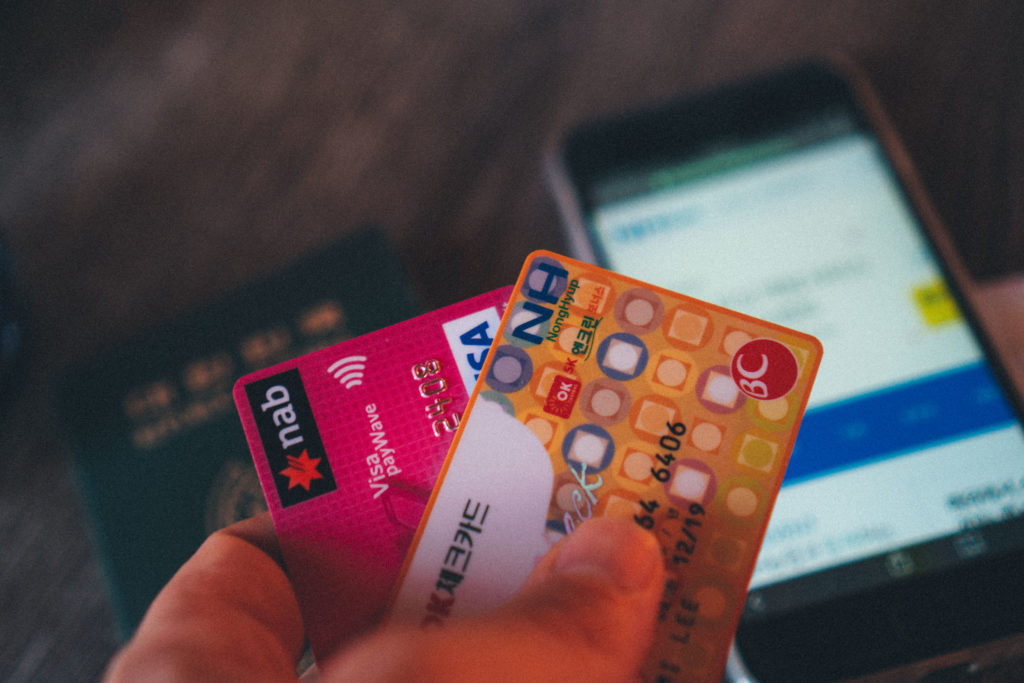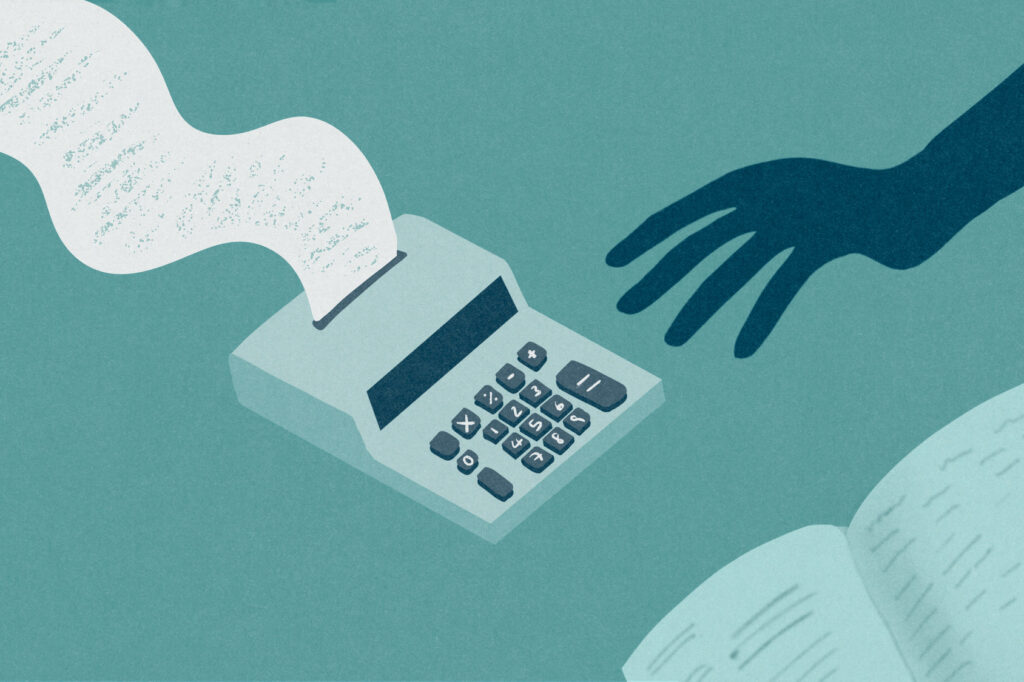One of the most important parts of adjusting to life in a new country is learning how to budget appropriately in that country. As an international student, you’re away from your usual support network, so it’s your responsibility to independently assess your expenses, track your spending and stay on top of your budget. Here are a few tips on how to effectively manage your finances while studying in Australia.
Create a budget – and stick to it
In order to create a budget, you’ll need to carefully examine all the aspects of your financial standing, namely your income and your expenses. Your expenses include things like your rent, electricity bills, phone plan, subscriptions and memberships. After accounting for your expenses, you’ll want to assess how much you’ll have leftover to put towards savings and recreational expenses.
A great way to set up and stick to your budget is to create a visual aid, such as an Excel spreadsheet, that breaks down your income, expenses, and recreational spending. Depending on how frequently you get paid and/or pay your bills, you can set up your budget planner on a weekly, fortnightly or monthly basis.
Open a savings account
A savings account is an excellent tool for maximising your money since you can earn interest on the funds in that account. That said, it’s important to cross-reference various types of savings accounts across multiple banks to find the one that suits your needs. Most major banks in Australia, including Commonwealth Bank, National Australia Bank, and Westpac, offer various account options for students.
An added bonus is that you don’t need to wait until you get to Australia to open an account with an Australian bank; most banks will allow you to open your account online before you arrive.
Choose and use credit cards wisely
It may seem slightly counterintuitive to get a credit card in order to save money and manage your finances; after all, credit cards just lead you to spend more money, right? Believe it or not, that’s not always the case! A credit card is an excellent way to build credit in Australia and it can help you cover everyday expenses.
When choosing a credit card, you need to consider credit limits (lower is usually better to start!), interest rates, balance transfers and annual account fees. You’ll also need to do your research into the credit cards available for international students, as your options may be slightly limited.
If you’re successful in getting a credit card, it’s extremely important to be able to pay off the balance, particularly since there’s interest on every purchase made. So, if you’re not in a financially stable state, it may be best to hold off on applying for one.
Consider a personal loan
Taking out a loan in a foreign country may seem like a daunting process. However, familiarising yourself with your loan options as an international student is the best first step in eliminating this uncertainty.
As an international student, you are eligible for certain types of loans with Australian lenders, including personal loans, which are short-term loans that are typically paid off between five and seven years. The sums of these loans and the interest rates can vary significantly depending on your provider and your income, credit history and liabilities.
Taking out a loan isn’t something to take lightly as it can greatly impact your financial wellbeing. Not sure about whether or not you’re ready to take out a personal loan? Do your research! Explore all your options with different lenders to determine your eligibility, interest rates and repayment schedules.
Embrace budgeting apps
With so many finance tracking apps available right at our fingertips, saving and tracking your money has never been easier. There are several apps that can help you categorise your spending, see where your money is going and set financial goals.
For instance, Track My Spend, Wally, Pocketbook, and You Need a Budget (YNAB) are some of the most user-friendly budgeting platforms. These apps sync with your bank account to help you stay on top of your spending. There is also Riaz, which gives you the option of investing your spare change into a diversified share portfolio. You simply link your bank account to the app and, for every purchase you make, the app will round up the amount to the nearest dollar and invest the difference for you automatically.





